Let’s say what we truly want society to look like – Let’s End Poverty
 This year is a chance to reassert what we want for the country. The huge majority of us want to end poverty… Niall Cooper says: Let’s make ourselves heard!
This year is a chance to reassert what we want for the country. The huge majority of us want to end poverty… Niall Cooper says: Let’s make ourselves heard!
This week, I have had the privilege of speaking with community activists and advocates from across the country.
Colleagues and I have been in workshops and conversations with people from all over England – from York and Halifax in Yorkshire, to Lewes and Epsom in the south, to Liverpool and Manchester across the Pennines.
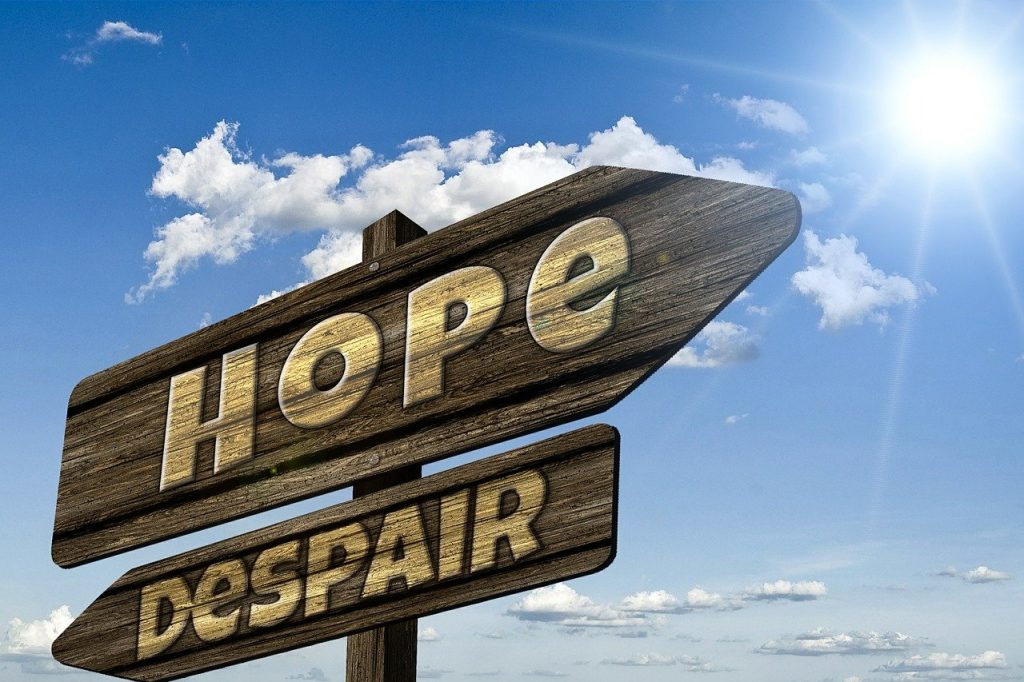
I’ve been struck time and again by their compassion for their communities, but above all by their hope for change.
In this General Election year, there is hope that the voices that have long been drowned out might be heard and heeded, and that change can start happening.
Might this be the year when politicians take seriously the cost of living scandal that has caused millions more people to be pushed into poverty across the UK?
More than that, might it be the year when they recapture ambition and make ending UK poverty a real priority?
And might it be the year when politicians of all parties remember the UK’s international commitments, and renew our efforts to at least halve global poverty by 2030?
I believe it can, and the good news is we can all play our part. I’m buoyed by that knowledge, and by the powerful pockets of belief and resolve that I see in so many communities.
Politicians don't lead - they follow
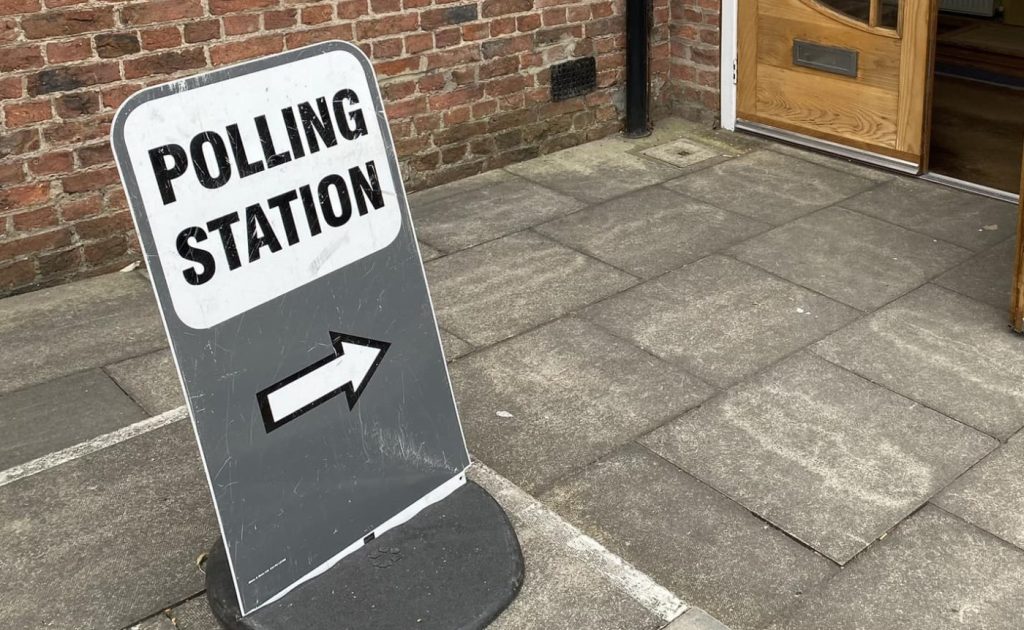
Over the coming months, thousands of General Election candidates will be seeking votes, and should be asking us what we want.
The theologian Jim Wallis jokes that you can always spot a politician walking down the street, because they have their finger in the air, to test which way the wind is blowing.
There is truth in that. The American activist and congresswoman Alexandria Ocasio-Cortez says the same: “People think of elected office as being a leadership position, but I don’t think it is. I think it’s a position of following, because oftentimes it’s only when things are made politically expedient, or politically inconvenient to disagree with, that you actually start seeing this movement happen.”
Let's channel the public compassion
If that’s the case, then our challenge is to change the prevailing political winds, to harness and articulate the public will so clearly and powerfully that it becomes irresistible.
The exciting thing about that is that we are all powerful. We can all play a part – whether by sending a postcard, email or handwritten letter to our MPs or prospective MPs, mobilising the groups we belong to, or seeking out the positive, hope-filled conversations, rather than being drawn into divisive rhetoric.
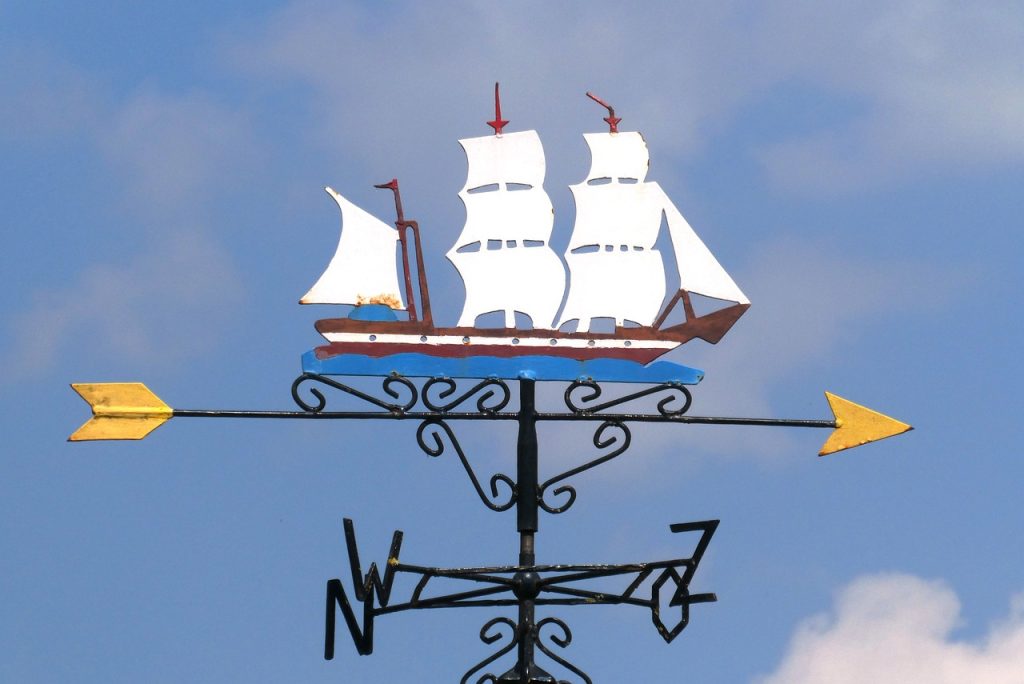
Movements always change the wind
Popular movements throughout history have always changed the wind. Countless small actions – gutsy gusts by individual people – have combined into powerful storms that swept away injustices and allowed brighter days to dawn. We saw progress that way in the civil rights movement in the last century, and in campaigns for marriage equality in this country in recent years.
Many conversations in the election season will focus only on individual policy proposals. Indeed, there are some excellent campaigns calling for very specific changes, such as the Everyday Essentials campaign backed by Joseph Rowntree Foundation and The Trussell Trust.
9 in 10 Brits want more to be done to tackle poverty
But if we don’t speak up about what we truly want as a society, about our long-term national aspirations, then politicians will keep delaying action on tackling poverty.
Both main parties have said they won’t commit to more public investment in the short-term. If we shrug our shoulders, then our politicians will keep prioritising easier, shorter-term actions that may deal temporarily with some symptoms of poverty, but never tackle it at the root.
That is not what the country wants. None of us is happy seeing our neighbours or fellow citizens struggling in poverty, locked out of the places and opportunities that should belong to us all. Polling has shown deep unease with the level of inequality in the UK. Almost nine in ten Brits want more to be done to tackle poverty.
Poverty: an outrage and a scandal
Poverty is an outrage, and it is a consequence of political choices and inactions. Powerful politicians have overlooked poverty’s root causes for far too long. They have allowed this current cost of living scandal to harm countless lives. And around the world, poverty prevents millions of individuals and communities from fulfilling their potential.
The good news is that as we start 2024, a growing number of people and organisations across the country are coming together as part of Let’s End Poverty, a broad campaign that seeks to ensure ending poverty is an issue for whoever is elected in the coming General Election.
Anyone aspiring to represent us needs to make tackling poverty a priority. In line with our existing commitment to the UN Sustainable Development Goals, this should include setting out clear plans to eradicate extreme poverty and reduce overall poverty by at least half, in both the UK and globally by 2030.
We have the power!
The public will is there. Let’s now harness that as the wind in the sails of change.
We have the power to create this change, especially in an election year.
What might happen if every church or organisation that has spent the past few years supporting foodbanks and other projects to meet the immediate needs in our communities began speaking up?
What might happen if every candidate on the campaign trail was repeatedly questioned about where poverty stood on their list of priorities?
What might happen if every candidate received 100, 200, even 500 postcards from potential voters, saying: “I want to end poverty and I want you to make it a priority.”
- We would start to see, and be, the winds of change.
- We would change what the political parties saw as priorities.
- We would start to shift how much prominence the next Government gave to tackling poverty.
- And we would change the country for the better.
Let’s find out!

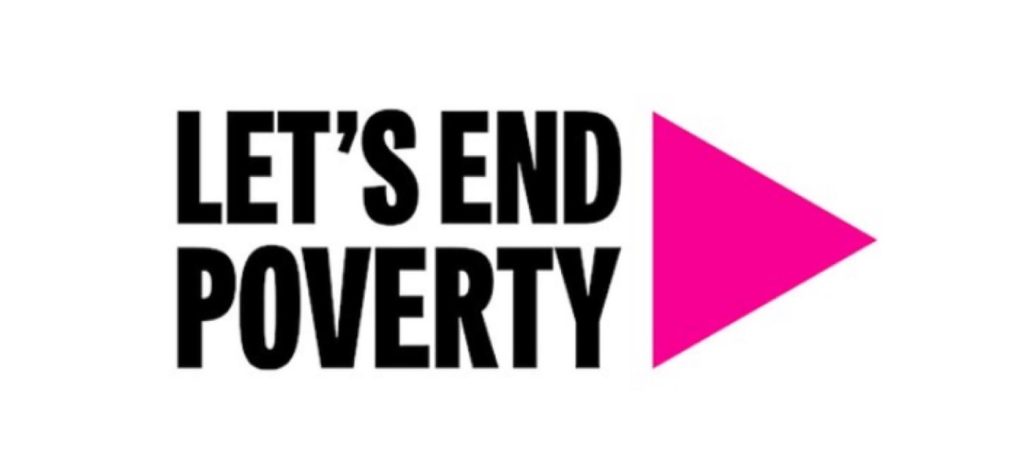

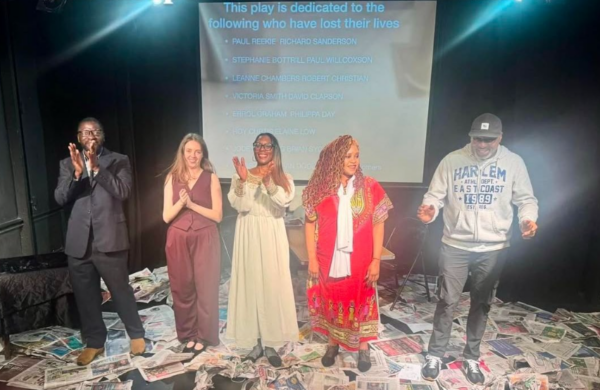
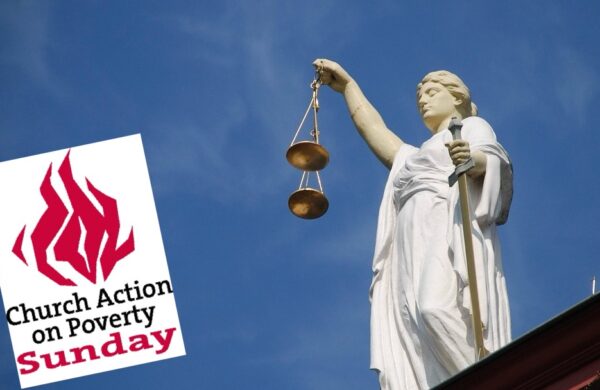
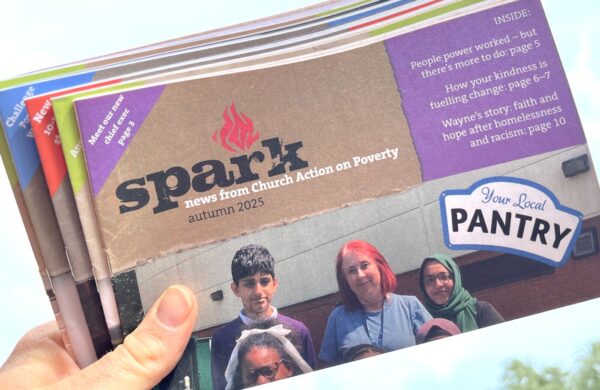
Comments (01)
Comments are closed.